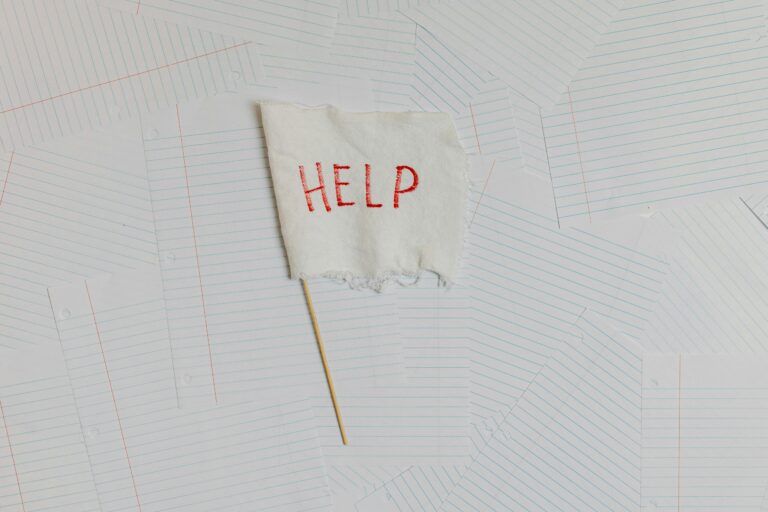Am I Overthinking or Am I Right?
We’ve all been there: you’re lying awake at 2 a.m., staring at the ceiling, your brain racing with thoughts about a conversation you had, a decision you need to make, or a situation that feels like it’s spiraling out of control. The inner dialogue runs wild, and suddenly, you’re knee-deep in a swamp of “what ifs” and “should I have said that?” It’s as if your mind has thrown a party, and you’re the only guest who didn’t get the memo that it’s a “no overthinking” zone.
Understanding Overthinking
First off, let’s get one thing straight: overthinking is as common as a pair of mismatched socks in your laundry basket. It’s that nagging habit of analyzing every detail, replaying conversations in your head, and questioning your choices until you’re dizzy. But how do you know if you’re overthinking or if you’re onto something significant? Let’s break it down.
Signs You Might Be Overthinking
Recognizing when your thoughts have crossed the line from healthy contemplation to overthinking can feel like trying to spot a unicorn. Here are some telltale signs:
- Repetitive Thoughts: You keep going over the same scenario, like a song stuck on repeat.
- Decision Paralysis: You can’t make a choice because you’re overanalyzing every option.
- Physical Symptoms: Stress can manifest as headaches, stomachaches, or even that delightful tension in your shoulders.
- Seeking Constant Reassurance: You find yourself asking others for their opinions more than usual, hoping for validation.
- Neglecting the Present: You’re so caught up in your thoughts that you miss out on what’s happening right in front of you.
When Overthinking Might Be Justified
Now, before we throw all overthinking into the “bad” basket, let’s take a moment to consider that sometimes, thinking things through is a good thing! Imagine you’re preparing for a big presentation at work. A little overthinking can help you anticipate questions, polish your slides, and ultimately shine like the superstar you are. Here’s when it’s okay to dig deeper:
- Complex Decisions: When faced with choices that could significantly impact your life—like a career change or a major purchase—it’s natural to weigh the pros and cons.
- Problem-Solving: If you’re tackling a tricky problem, brainstorming different solutions can help clarify the best course of action.
- Emotional Health: Reflecting on past experiences can aid in personal growth, helping you avoid repeating mistakes.
So, How Do You Find the Balance?
Finding equilibrium between thoughtful consideration and mental spiraling can feel like walking a tightrope. Here are some strategies to help you regain your balance:
1. Set a Time Limit
Give yourself permission to think things through, but set a timer. For example, dedicate 15 minutes to mull over that tough decision. Once the time’s up, make a choice and move on. Your future self will thank you!
2. Journal Your Thoughts
Writing can be incredibly cathartic. Put your thoughts on paper to see them more clearly. You might discover that what felt monumental in your head is actually just a minor bump in the road.
3. Talk It Out
Sometimes, sharing your thoughts with a friend can help you gain perspective. As they say, “A problem shared is a problem halved.” Plus, you might even get a laugh out of it, which can lighten the mood!
4. Practice Mindfulness
Engaging in mindfulness exercises, like meditation or deep breathing, can help ground you in the present moment. This practice can reduce anxiety and help you see your thoughts for what they are—just thoughts, not reality.
5. Reframe Your Thoughts
When you catch yourself spiraling, challenge those thoughts. Ask yourself: “What’s the worst that could happen?” Often, you’ll find that the outcome isn’t nearly as dire as your mind has concocted.
Final Thoughts on Overthinking
Remember, it’s perfectly human to question your thoughts and decisions. The key is to differentiate between constructive thinking and the rabbit hole of overanalysis. By employing some of these strategies, you can navigate your mental maze with a bit more clarity and a lot less stress. So, the next time you find yourself wondering, “Am I overthinking or am I right?” take a step back, breathe, and trust yourself—because you’ve got this!


